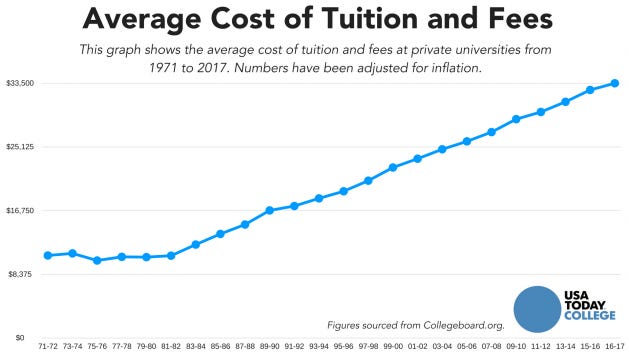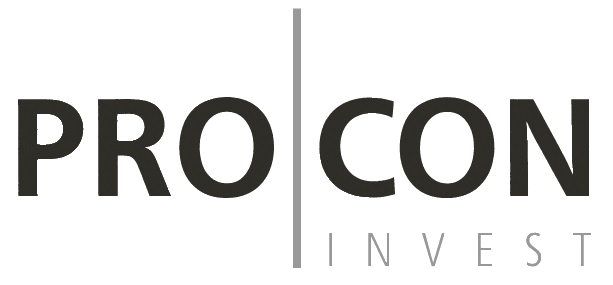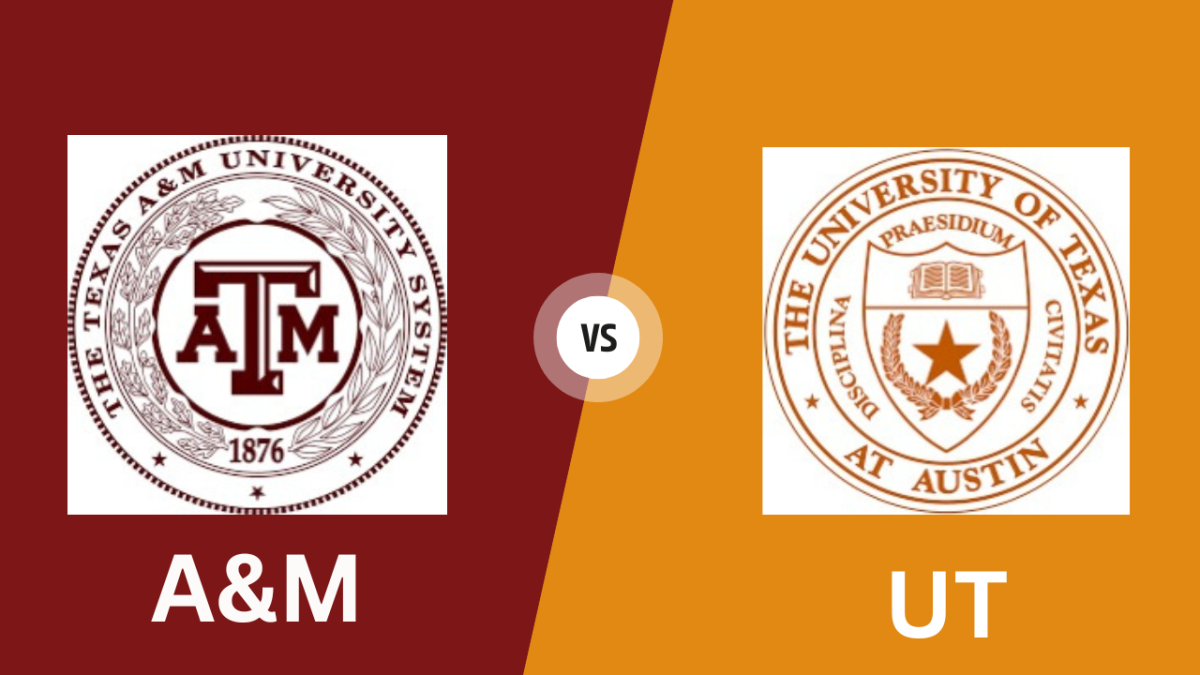With the recent panic of the Coronavirus, campuses internationally are moving towards online-schooling, leading many to believe that the online schooling program may actually be a better method for delivering students the education they need.
Online schooling is a better model for education than the on-campus alternative and should continue after the end of the pandemic to provide a more accessible and effective education to students, especially those in college.
With the advent of online schooling, a number of studies from across the globe have noted the model’s effectiveness in several areas, but most stark has been degree performance. For instance, a 2018 study conducted by Learning House, Inc. found that around 85% of students believed that online education was either equivalent to traditional education or superior to it. The key word for this study was flexibility, as online courses offer students greater control over their own learning by enabling them to work at their own pace, something that the often strict schedule of traditional schooling could never offer.
In 2012, Harvard created the very first MOOC (Massively Open Online Course) which allowed students from around the world to participate in an online course for free, the only caveat being students who took the courses would not receive a degree at the end. Only a year later, institutions like the University of Georgia took strides in providing degrees with classes in the OMSCS (Online Master of Science in Computer Science) program which offered a complete master’s degree program all online for under $8,000. Compared to the annual University of Georgia tuition of $11,804 in-state and $30,404 out-of-state, students of this course saved possibly tens of thousands of dollars. Moreover, the benefits of a go-at-your-own pace model for schooling allow students to more effectively juggle part or full-time jobs with their school work, allowing them to offset their tuition costs more effectively than any overworked, on-campus college student could ever possibly do. With the price of college tuition on a steady increase, campuses should take a page from the University of Georgia’s book to save money and time.
However, the opposition may claim that online classes may encourage students to be lazy as many will then neglect their classes with their new-found freedom. However, the flexibility of deadlines and assignments in these classes mirrors the vast majority of deadline-based jobs that degree-holders will have after college as they are forced to work their schedule around and fight procrastination to finish their work by the deadline. This means that though there’s a higher possibility for procrastination, forcing students to learn to work around this is much more effective in teaching them for the workforce they will soon join.
With the technology age, more people are connected than ever, and connecting those people from around the globe to education should be our first priority. Campuses around the globe should move to an online model of education.




















